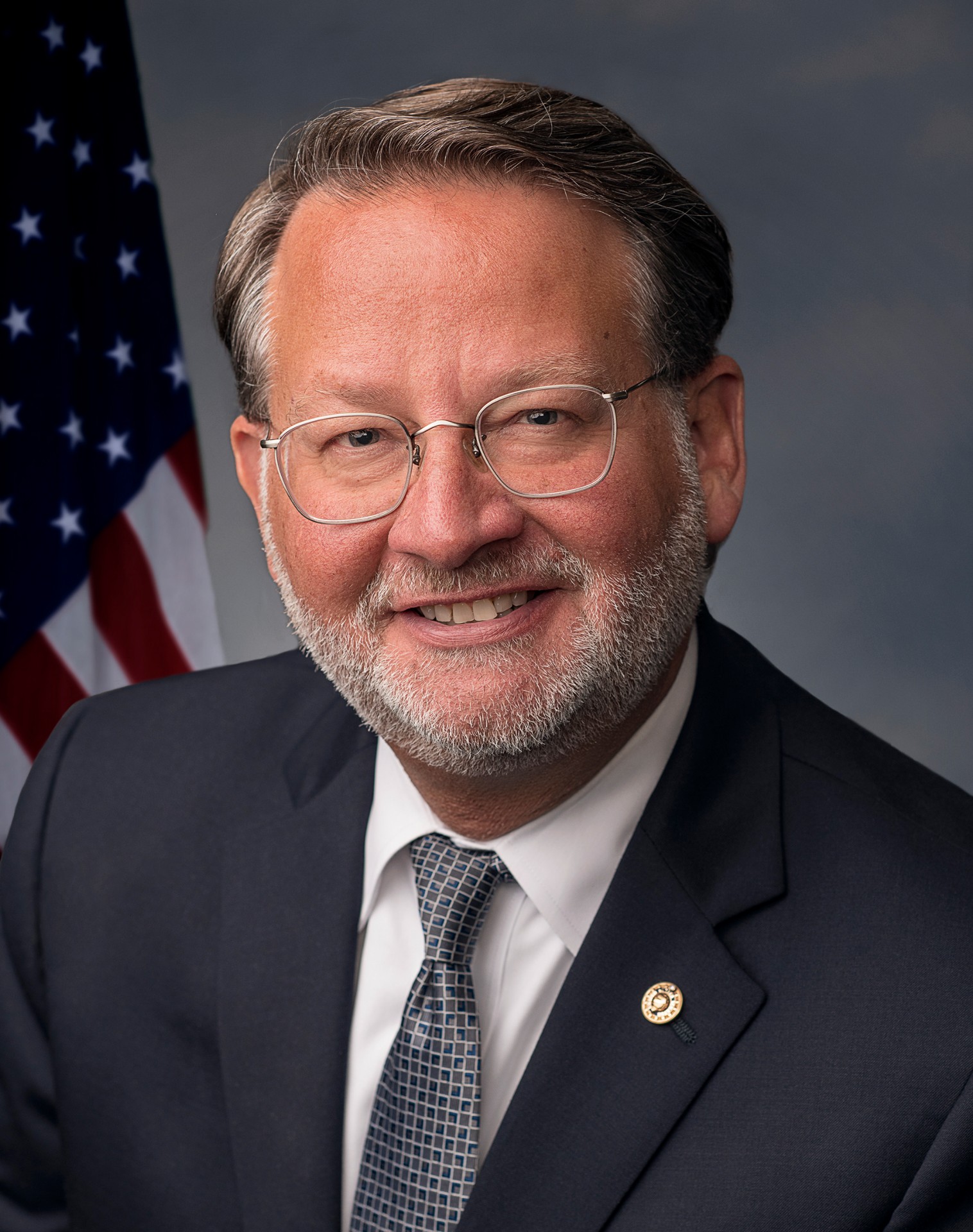
Bill Would Help Students Obtain College Credit by Expanding Access to Dual Enrollment and Early College High School Programs
WASHINGTON, DC – U.S. Senator Gary Peters (MI) reintroduced bipartisan legislation to help more high school students earn college credit while making higher education more affordable and accessible. The Making Education Affordable and Accessible Act (MEAA) – which Peters reintroduced with U.S. Senator John Boozman (R-AR) – would expand the use of existing federal grants to support dual enrollment, concurrent enrollment, and early college high school programs.
“To meet our current workforce needs, we must expand access to the higher education and skills training opportunities that help prepare our young people to land good, in-demand jobs,” said Senator Peters. “This bipartisan bill would give high school students the chance to get a head start working towards a four-year college or associate’s degree to begin building their future without the financial burden of taking on student loans.”
The MEAA would expand the allowable uses of funding from the Higher Education Act Title VII Fund for the Improvement of Postsecondary Education (FIPSE) to help colleges and universities strengthen early college access programs. Under this bill, institutions of higher education could use FIPSE funding to:
- Carry out dual or concurrent enrollment programs as well as early college high school programming;
- Provide educators, principals, counselors and other school leaders in these programs with professional development;
- Assist students in the program in covering education-related costs such as tuition and fees, books, and transportation; and
- Support activities such as course design, course approval processes, community outreach, student counseling, and support services.
These programs give high school students a valuable head start on obtaining a college education. Concurrent enrollment allows students to take college-credit courses taught by qualified high school teachers approved by partner colleges. Dual enrollment programs enable students to be enrolled in and earn credit from both their high school and a college institution. Early college high schools, which are typically located on or near college campuses or embedded within high schools, allow students to work toward an associate’s degree while completing their high school diploma—often extending into a 13th year to ensure degree completion.
By supporting these proven models, Peters’ MEAA aims to reduce barriers to higher education, lower student debt, and create stronger academic pathways from high school to college and beyond.
“Dual enrollment opportunities for high school students have proven to significantly improve student success and degree completion. Investing to expand these programs makes college more accessible and affordable while providing clear, achievable pathways to careers,” said James O. Sawyer IV, President, Macomb Community College.
“Creating seamless pathways from high school to college is a priority at Mott Community College. The Making Education Affordable and Accessible Act will ensure that more students can gain valuable college credits early, reducing the financial burden of higher education and increasing their chances of completing a degree,” said Shaunda Richardson-Snell, Interim President, Mott Community College.
“School leaders recognize that college accessibility does more than just create opportunities for students—it strengthens our entire education workforce,” said Ronn Nozoe, CEO of the National Association of Secondary School Principals (NASSP). “This critical legislation tackles the financial obstacles confronting future teachers, making certification attainable during an era when higher education costs dramatically exceed educator compensation.”
“The Making Education Affordable and Accessible Act (MEAA) would expand opportunities for dual and concurrent enrollment and early college high schools—both key to the success and connections between our secondary education, postsecondary education and workforce systems,” said Association for Career and Technical Education (ACTE) Executive Director LeAnn Curry. “ACTE is proud to endorse the bill, and we are grateful to Sens. Gary Peters (D-MI) and John Boozman (R-AR) for introducing the legislation. Their bipartisan commitment provides Congress with an opportunity to expand access to early postsecondary credit and increase opportunities for CTE students pursuing these pathways into successful careers.”
Peters has long supported efforts to increase access to affordable higher education and skills training opportunities. In 2018, Peters authored bipartisan provisions signed into law as part of larger legislation to close workforce skills gaps by strengthening career and technical education (CTE). Peters’ provisions helped expand school counselor training and awareness of CTE to help them inform students of post-high school education opportunities outside of the traditional four-year college degree. Peters also authored bipartisan legislation into law to allow more veterans to use their GI bill benefits toward securing a registered apprenticeship.
###









